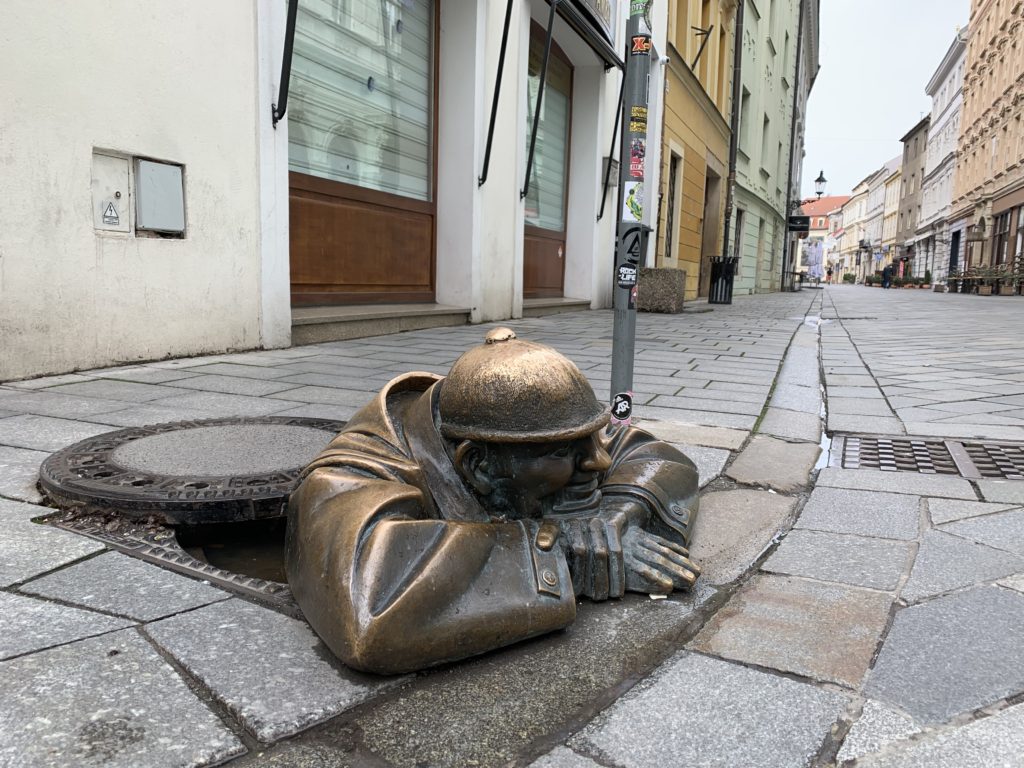
I know I’m not the only American who was excited last night that Adam Sandler was hosting Saturday Night Live.
I watched the late night comedy show in the hours after it aired, here in Slovakia thanks to YouTube. The pre-breakfast viewing offered everything I had hoped for in terms of revisiting the comedic schtick from the 1990s: Operaman on Weekend Update, a guest appearance by Chris Rock, and best of all a poignant tribute to Chris Farley at the bitter end of the show (the part that I could never stay awake for as a kid).
But true to his ever-sharp talent, we got new material that I found to hit me particularly well. There was a segment for a Long Island/New Jersey-based travel agency that offered 10-day trips of sightseeing to Italy. The fake commercial opened up as you would expect: images of the Trevi fountain, a plate of pasta, and testimonials of satisfied customers. Then it veered off into a segue of refreshing realism that spoke to dissatisfied clients who didn’t enjoy the experience: “if you’re sad now, you might still feel sad there.”
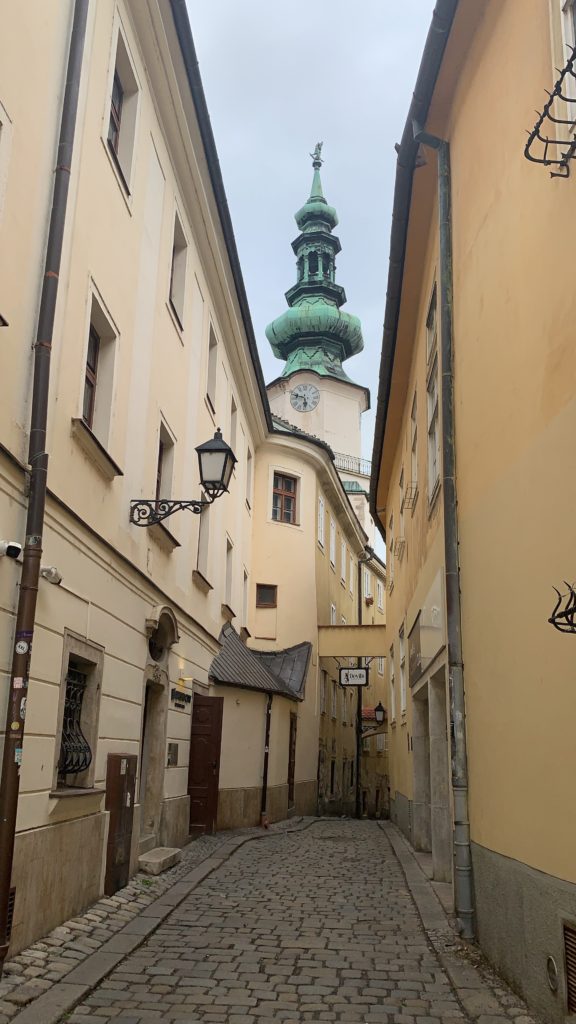
We spend our lives in constant exposure to glossy advertisements and social media offerings that feed us with aesthetically perfect representations of living. And while I too am an active component of this building this set design, I still found this sketch to be hilarious and satisfyingly honest. You can drag your ass just about anywhere—set yourself up for a hero’s journey where you aim to come out on the other side transformed—but an end result of renewal is never anything that is guaranteed (or even likely). Anyone who has ever ventured out their front door for more than a week should be able to tell you that. After breathing for a few decades, I feel quite confident that we all stay fundamentally the same, whether it be while watching SNL on a 1980s-era couch or later on while sitting in a café that has books all written in the days before the Velvet Divorce happened. I’m looking up now and finding titles in West Slavic languages, with the odd German and English book populating the shelves (my favorite is the 1991 publication introducing the world to the new Germany).

I’m a sucker for a café boasting walls of old books, and to sit here and see so such tomes juxtaposed against each other—all against a relatively recent shift in popular thinking—taking it all in at once kinda makes my head spin. It’s hard to wrap my brain around what it means to change and what it means to stay the same. Looking right at is a book penned by the M.S. Gorbachev from 1987—the Google translation of the title tells me it’s called “Rebuilding and New Thinking”. And then I can’t help but think about where Russia finds itself over 30 years later.
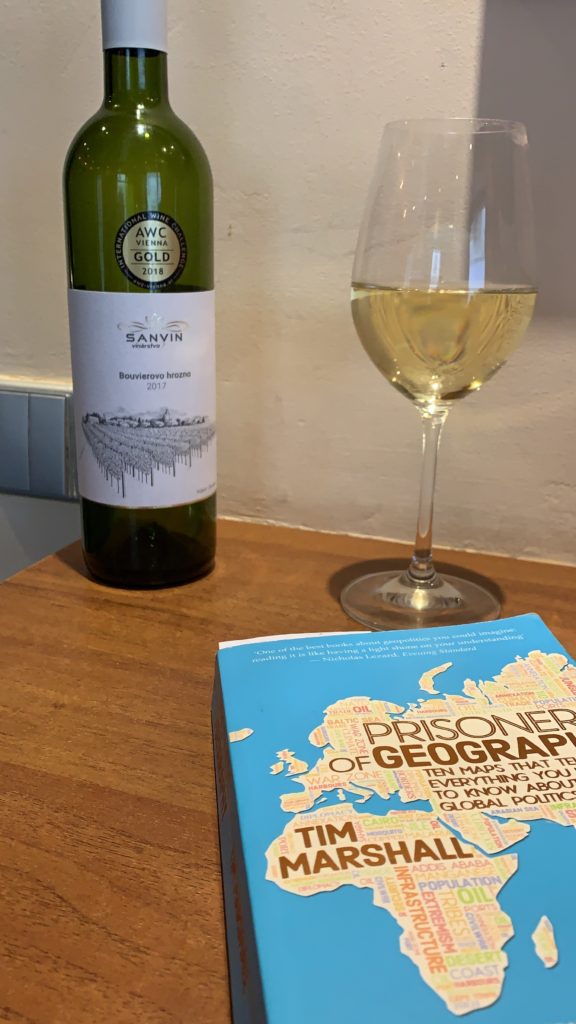
It doesn’t help, of course, that I’ve brought on this trip a book about the impact of world geography on politics—but I maintain that for me this question of change has always persisted.
Back during that 1990s SNL heyday, I spent 11 months living in France and attending a lycée. While the experience provided an undeniable perspective shift, I recall coming back home to Cape Cod and experiencing the process of “re-integration”. I was over at a friend’s house before my senior year was to start, and my friend was on the phone speaking to a mutual friend.
“Megan’s here,” she said into the receiver. Then she paused.
“How does she look?” she continued, clearly repeating the question that was just put to her. Then she looked me up and down.
“She looks the same.”
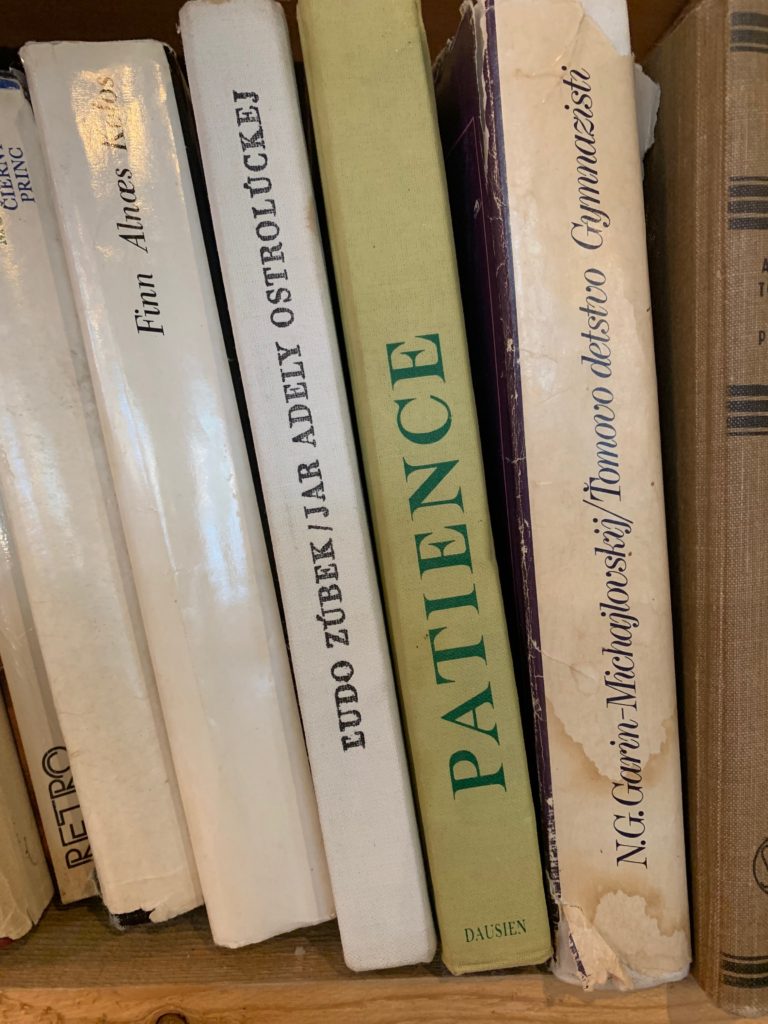
It was true. Going away and thrusting myself into a different culture did not precipitate any radical change (nor did I really expect it to). Indeed, the only perceptible difference (as voiced by my mother) was the fact that I had gained weight. I hadn’t returned from France any more stylish, any less awkward, or any more confident than before the experience began. If anything, perhaps I felt less secure about what I knew. To be sure though, something inside had shifted—and my senior back in a high school was proof enough of that sensation. But then again, senior year of high school is senior year. I think that most of us kids spent English class staring outside past Mrs. Towle’s head to study a plastic bag that spent weeks caught in a tree. We’re all changing. Just not in ways that are self-precipitated.

So in thinking about all of this—the transformation of Europe and the impact of my life experiences—I have to ask myself if the Adam Sandler travel agent premise really holds up. Are you still gonna be you when you go on vacation? Or maybe it is indeed true that moving about does serve to change us. Or maybe, perhaps, the fact of going elsewhere with the sole purpose of self-transformation is just as a stupid idea. And maybe (and most probably), I’m looking far too deeply into a late-night comedy show and am trying too hard to tie many flavors of change into a single blog entry. My money is on the last possibility.
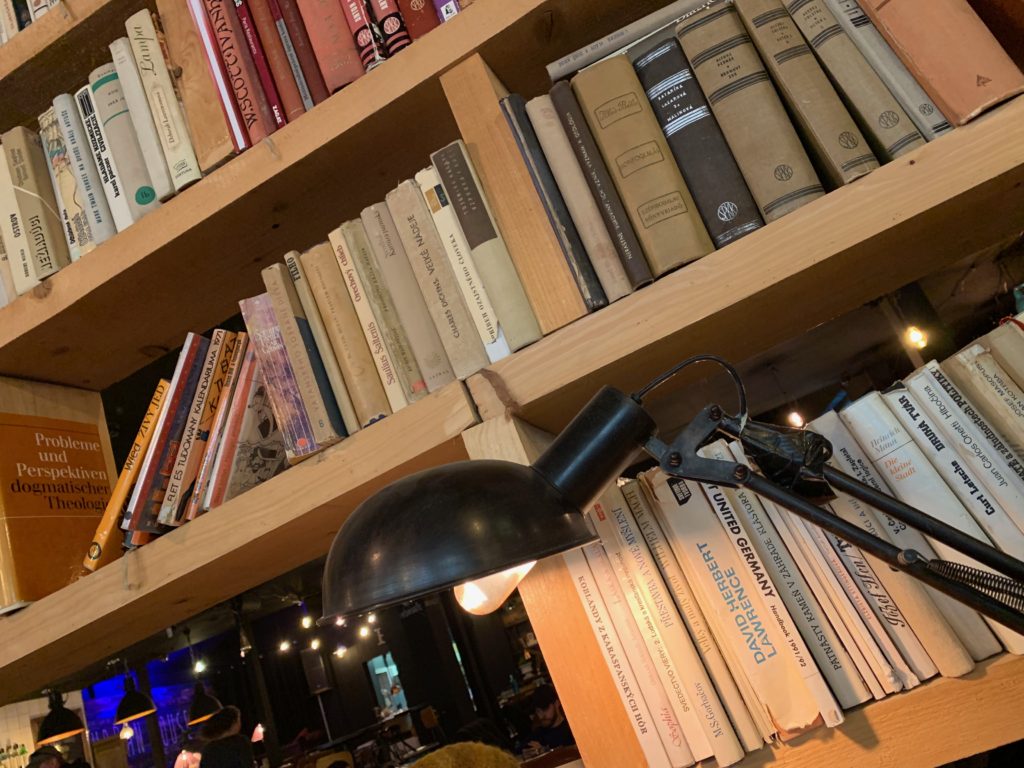
I’m not going to find any definitive answer as to whether a shift in structure precipitates meaningful change. I do know, however, that I laughed like hell when watching a commercial poking fun at tourists who give crappy reviews for a travel company. The truth is that the process of change and transformation is not one that can be evenly applied across all aspects of ourselves and the nations that we inhabit. For sure, Slovakia like the rest of the world has seen dramatic transformation—but I am certain that throughout all stages of the flux, it has always retained core bits of itself.
Identity is an incredibly strong thing. It’s the reason for both national and personal pride, just as it is the reason for conflict on both personal and global scales. It’s also the reason why I tune into watch a favorite comedian continue to holler into the camera and use silly voices as I search for familiarity and comfort.
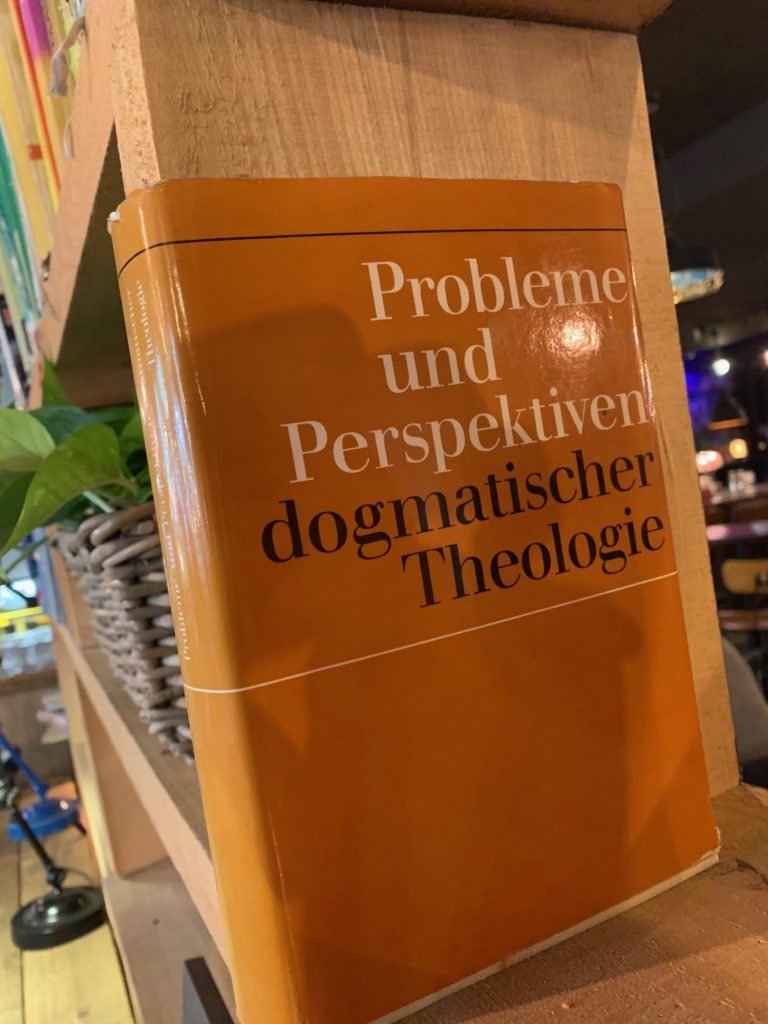
Maybe the bigger theme isn’t change insomuch as it is escapism and the problematic intentions that we create when planning a holiday to get away from it all. While we can never fit it inside of our suitcase, we are always taking ourselves—complete with brain and personal proclivities—wherever we go. No matter how exotic the new backdrop may be, no matter how unpronounceable the language looks. The key I guess is in the managing of expectations. Places change, just as we do. Easing off on where precisely you will experience each shift will go a long way in ensuring that the journey will overall be a satisfying one.